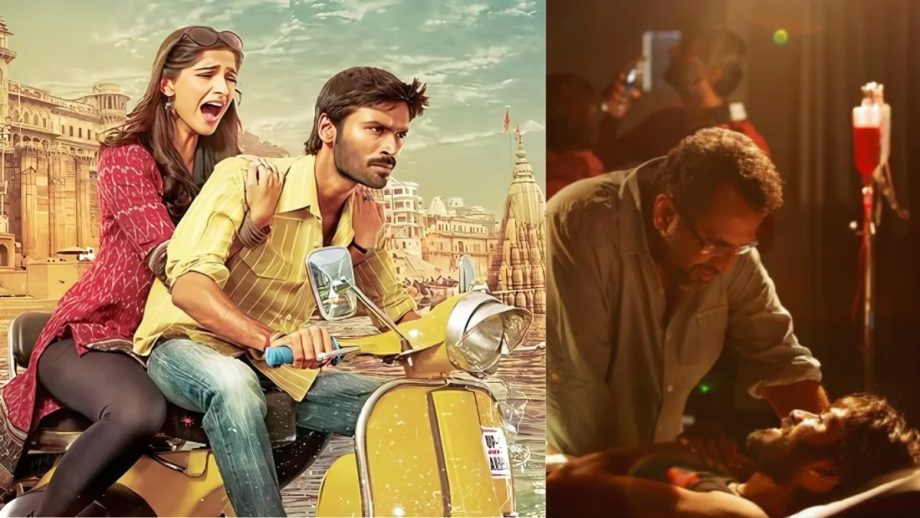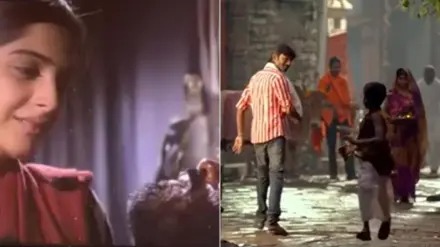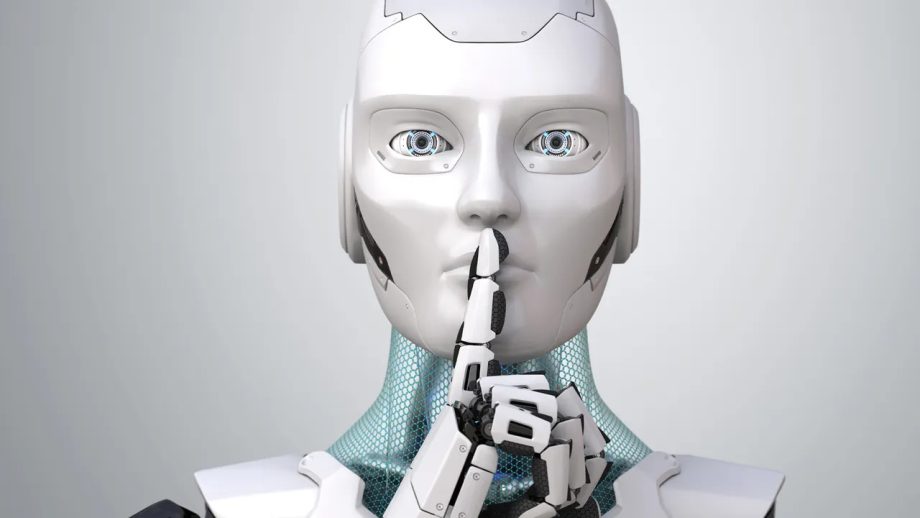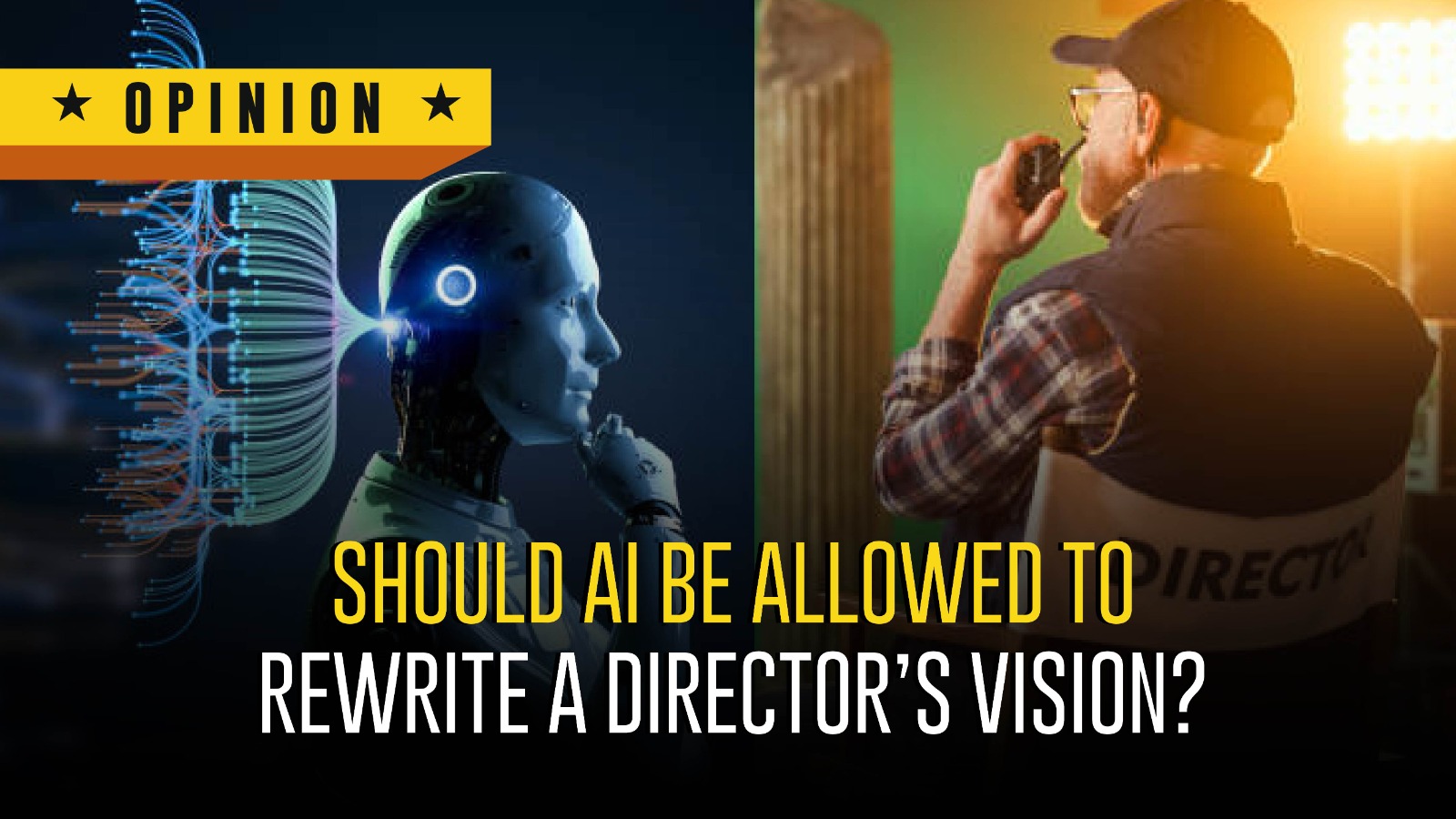A decade after his heartbreaking demise etched itself into the minds of audiences, Kundan lives again—but not by the hand of his creator. On August 1, “Ambikapathy,” the Tamil version of “Raanjhanaa,” returned to theatres with a surprising AI-generated alternate ending, changing the tragic conclusion of the film and saving the lead character from doom. The audience cheered with emotions; however, Aanand L Rai, the original director of the film, was far from happy and condemned the use of AI to convert a story he had written to conclude in heartbreak.

But this particular incident, just like many others similar in kind, is indicative of a larger cultural and technological reckoning. We live in an age in which loneliness has metamorphosed into a pandemic, and the tech-world’s response is to propagate simulated companionship and artificial comfort, even at the cost of genuine human experience. The rewriting of film endings by AI is just one symptom of that disturbing trait.
We have engineered a society that prizes immediacy, gratification, and emotional ease. Social media algorithms feed us curated timelines designed to reinforce our biases and keep us engaged while simultaneously fostering digital isolation and echo chambers. The internet phenomenon has commodified emotions and manufactured performances, thus making genuine connections more and more elusive. In response, technology billionaires have developed a range of AI applications, from chatbot therapists to virtual companions, to fill these voids. What these algorithms provide is a fake intimacy-missed in laughter but forever patient-wrongly limited in that they can neither challenge us nor surprise us, let alone hold a conversation or grow with us.

Conversely, in cinema, one can see this shift from storytelling as an art to the art of discomfort and reflection, storytelling as a service meant to pacify and soothe. The AI-edited Ambikapathy ending panders to desire rather than respecting the narrative integrity. It is an attempt to refit grief into relief, tragedy into triumph, to become a digital band-aid for an audience who does not want to suffer. While gratifying in the short run, it risks eroding the very capacity of stories to confront, probe, and engender change.
As Comedian Aditi Mittal astutely pointed out, very soon we’ll see the same films over and over again as the industry pivots to “AI” to make changes just enough to satisfy the fickle audience.
Because this sort of engagement adds an artificial commodification to our memories and emotions. When endings are rewritten and uncomfortable moments are erased, we give up objective human complexity.
This trend mirrors the rise of AI companions and digital therapists, tools that, while not inherently malevolent, offer comfort without challenge. They are simulacra of connection, adept at assuaging loneliness but incapable of genuine intimacy. As they become the predominant form of accessible interaction, society risks normalising emotional avoidance and superficial engagement.
Artistic works, especially films, are not customer service channels. They are not meant to guarantee happiness or neat resolutions. Instead, they hold space for ambiguity, loss, and confrontation. Allowing AI to rewrite endings is to weaponise technology against art’s fundamental purpose: to make us feel deeply, sometimes uncomfortably, and ultimately human.
There is a distinction between preserving art and rewriting it to placate. Let AI serve as a restorer, a translator, a facilitator, not as a surrogate creator reshaping narratives to fit sanitised desires. If the future of storytelling lies in algorithmic tailoring, we risk a cultural landscape where heartbreak is optional and complexity expendable.

One day, we may watch iconic films reduced to formulaic feel-good versions, and at that moment, we will have truly engineered not only loneliness but a collective amnesia of what it means to feel

